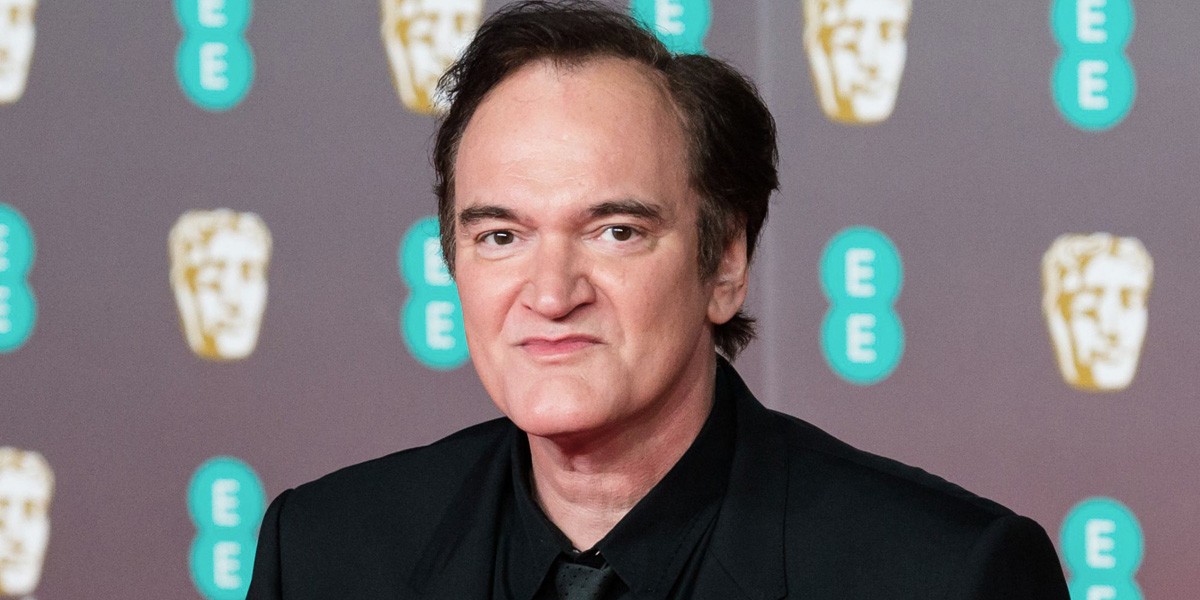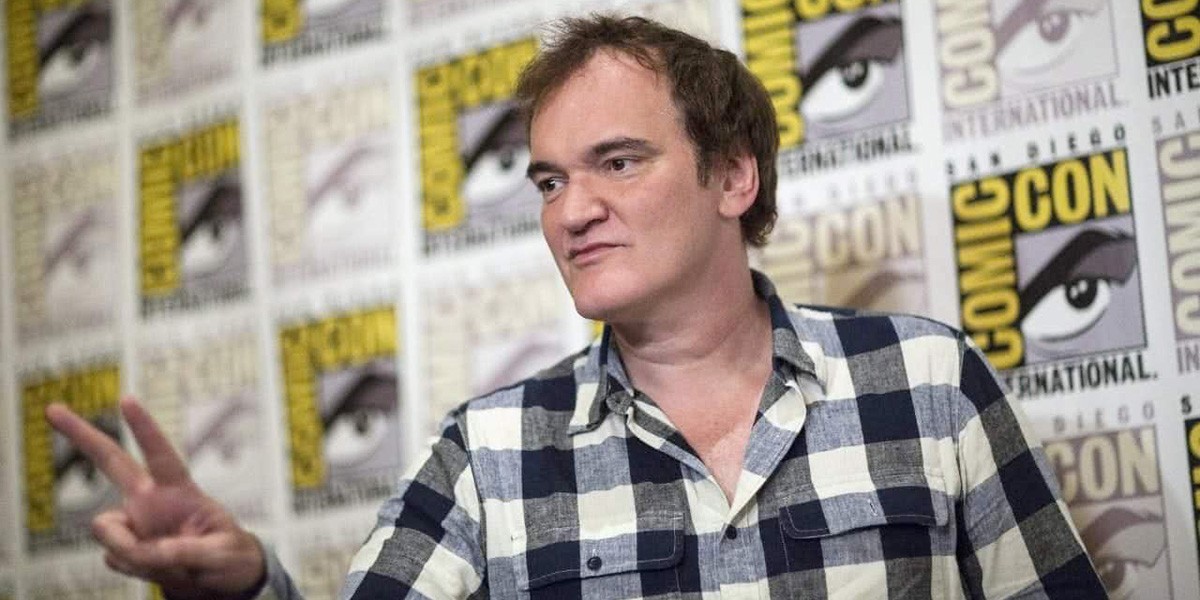Pulp Fiction director Quentin Tarantino jabbed at the current movie era and called it the worst in history, alongside the 50s and the 80s. What could be his basis for saying so? The director admitted he saw a lot of movies during the eighties, which he compares to the present film era, and called them a match.

Tarantino said in the recent episode of The Video Archives Podcast with Roger Avary that these movies with poor materials only highlighted the brilliance of the movies “that don’t conform, the ones that stand out from the pack.”
Quentin Tarantino Slams Current Era Of Superhero Movies
It’s clear that Tarantino is talking about the popularity of superhero movies and other big franchises that dominate the box office. In his interview with Los Angeles Times, he boldly stated, “You have to be a hired hand to do those things. I’m not a hired hand. I’m not looking for a job,” as an answer to why he would never work on any superhero movies.

Fans could remember that Tarantino heavily criticized blockbuster franchises. In 2020, he once said:
“As far as I can see, the commercial product that is owned by the conglomerates, the projects everybody knows about and has in their DNA, whether it be the Marvel Comics, the Star Wars, Godzilla and James Bond, those films never had a better year than last year [2019]. It would have been the year that their world domination would have been complete. But it kind of wasn’t.”
Like Quentin Tarantino, other renowned directors such as Martin Scorsese and Ridley Scott also shared their sentiments about the rising popularity of modern movies. But, is it really that bad?
Fans Yield Mixed Reactions To Tarantino’s Opinion

People from Twitter gave their two cents regarding Quentin Tarantino’s claim, and many agreed with the director. Most of them reasoned that there is “nothing innovative,” “soulless templates made for easy consumption,” and “not about the art anymore.” Check these tweets:
Others still appreciate the current state of modern movies. Some fans believe that people want entertainment, and they should not resent them for liking such things. Other fans wonder why directors are obsessed with bringing up movies “they think so little of.”
It boils down to the preference and purpose of the audience – to each their own. What looks and feels good to one may not be the same for the other. If we are judging movies critically, there is a set of criteria for that. At the end of the day, fans just want something to watch that is both entertaining and relevant to themselves.

